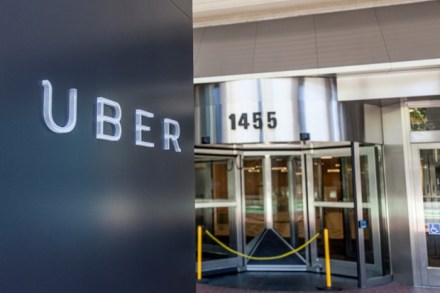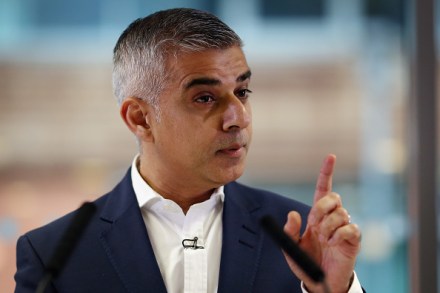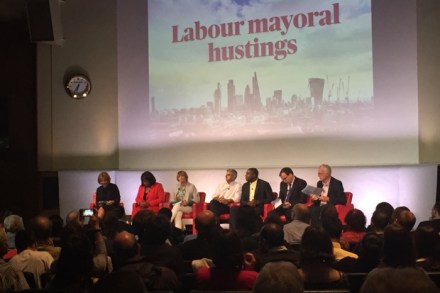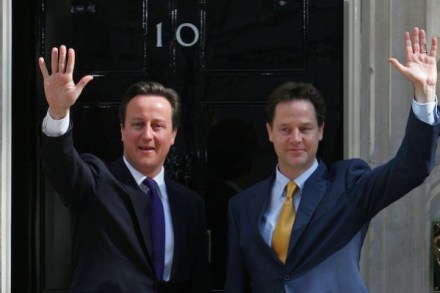When sharing isn’t fair
In Silicon Valley, renting out is the new selling —and renting out stuff that belongs to other people can be far more profitable than renting out your own. Over the past few years, companies like Airbnb and Uber have made a great deal of money by pioneering a business model of connecting consumers, who want to use things — such as apartments and cars with drivers — with other people, who want to provide them. For public relations reasons they promote this model as the ‘sharing economy’. And who could be against ‘sharing’? But this isn’t the kind of sharing your mother taught you. The term entered the technology vernacular


















